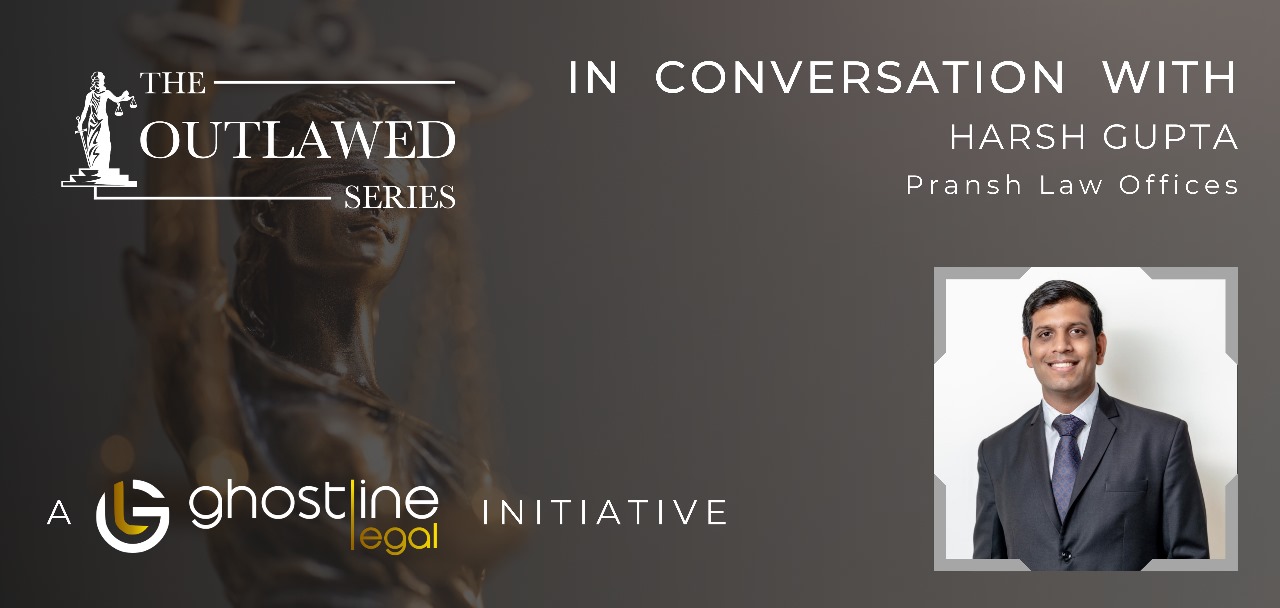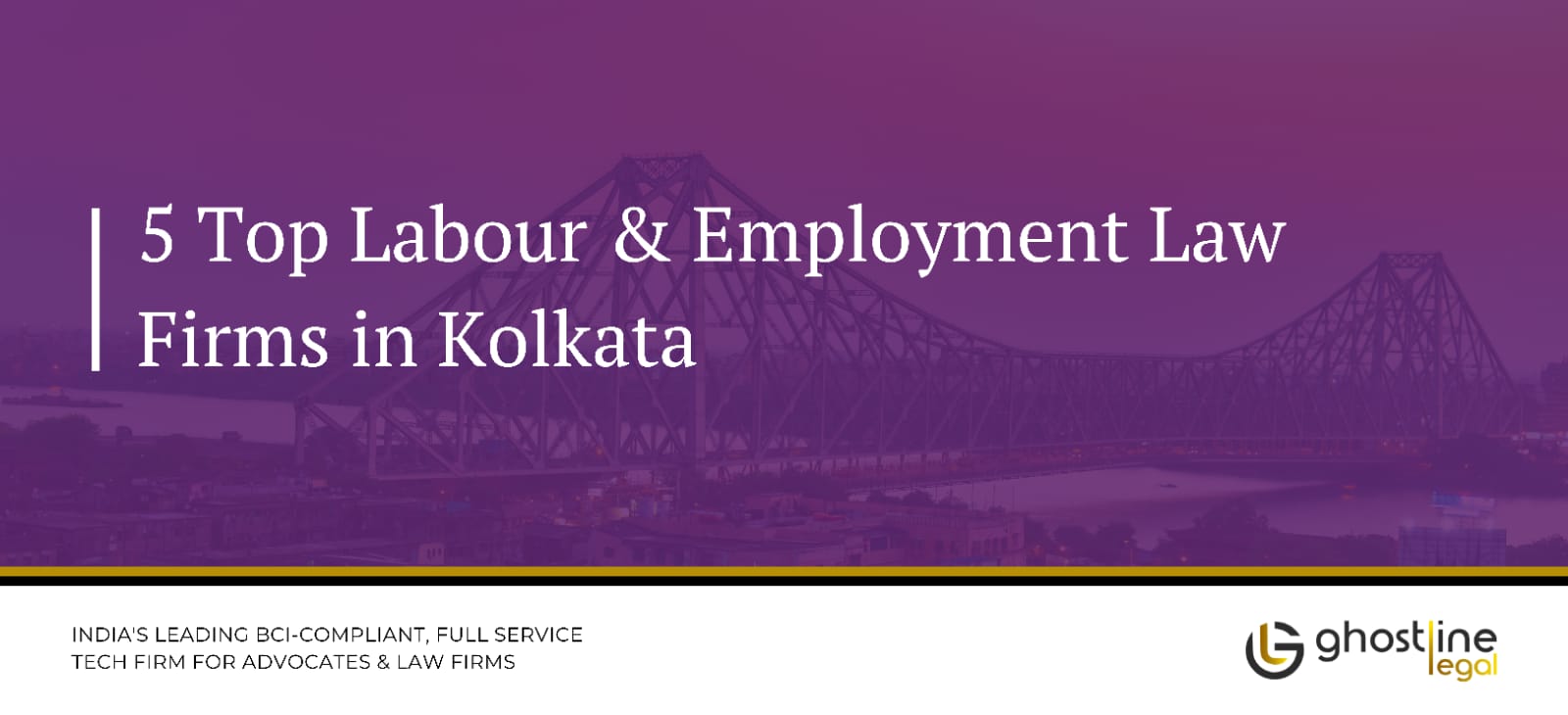Ms. Sukriti Jha graduated from the National Law Institute University, Bhopal in 2020 (CLAT 2015, AIR 209) harbouring the dream of becoming a judge. She secured rank 9 in the Delhi Judicial Services Examination 2023 and rank 65 in the Madhya Pradesh Civil Judge Examination. She has also recently finished LL.M. (Constitutional and Criminal Law) from the National Law University, Delhi. (Academic year 2022-23). Ms. Sukriti is currently serving as a Civil Judge & Metropolitan Magistrate in Delhi.
1. What was your driving motivation to join the legal Profession?
Sukriti: I had a close personal experience with a family member who had been embroiled in a long drawn legal battle. He was able to get out of it only because of a good lawyer and a conscientious judge (Metropolitan Magistrate). I was in Class 12 at the time and this event had a significant impact on me. I worked very hard for a year and secured an AIR 209 in the CLAT 2015 exam and made my way to the prestigious National Law Institute University, Bhopal for the B.A.LL.B. (Hons.) course. I am a first generation lawyer & and now a judge!
2. What were and how did you overcome the initial challenges in your law career preparing for Judicial Services?
Sukriti: The primary challenge was choosing to appear for government exams in an environment where sitting for placements and being recruited by top law firms was the ultimate achievement. One had to make the conscious choice of opting out of the placement process, simply graduating and then picking up the baton of struggle again. All my friends and batchmates had jobs before I did and during my struggle I witnessed my juniors also secure good well-paying jobs before me.
At the time I felt like my life was going nowhere. I had maintained a decent academic record at NLIU, with an overall grade A and 72.5%, so I would have been comfortably placed as well had I taken that route. But now that I look back I am glad I gave myself the chance of appearing for these exams as otherwise I would have never known my potential. Also, pragmatically speaking, there is a limited window of opportunity and time one gets to invest in competitive exams and I am glad I grabbed the opportunity as soon as I graduated.
The struggle was exceptionally difficult and the hard work began to pay off much later than I expected (after 2 years of no success). It surely taught me patience, courage and constantly remaining in and getting comfortable outside of my comfort zone.
I am 27 now and if someone had asked me to start preparing for competitive exams at the present moment after having worked for 3 years, I would have to think long and hard. (Not to imply that people who choose to start at 27 are late or at a disadvantage, it’s just a choice I would want to make sooner rather than later)
3. What made you choose the field of Judicial Services as early as being in Undergraduate College?
Sukriti: I made the choice after I graduated in 2020 and started my preparation in December 2020. Going for the judicial services was always subconsciously in my thoughts as I had seen various seniors in college being selected in MP, Delhi and other states. There was a particular senior I used to admire a lot in college and when she got selected in DJS in her first attempt, my resolve for going for the judicial services was only strengthened.
She was so academically brilliant and humble I wanted to emulate her all the time when I was in college. You could say I have come this far looking at her as my inspiration and guiding light.
4 Many Judiciary aspirants often find it confusing as to when to begin with the preparations. Is there any particular time you would suggest to start the judiciary preparation?
Sukriti: Starting is not as difficult as one thinks. I myself started quite simply, one day I looked at the syllabus of MPCJ (it was the first upcoming exam in 2021), picked up the easiest Act I could get my hands on (Specific Relief Act) and just started. There is no official ceremony or no ‘shubh mahurat’ according to me haha! If you want to start, just start.
Of course the best way to start is first looking at the PYQs of the concerned state, studying the syllabus and then reading the Bare Act. I recommend analysing the Previous Years’ Papers first to get an idea as to how to approach the Bare Act. I have been following this approach since my CLAT prep times and it has always rewarded me and given me an edge over others (since we’re talking in competitive exam terms). The previous years’ papers are the best & perhaps only way to know what the exam is going to be like so why would you ignore them?
I started after I graduated and I think that’s also fine. But if someone wishes to start earlier, I would recommend not starting before the final year of your law course. The syllabus takes around 8-10 months to complete and there is really no need to start so early that you’re tired by the time you reach the exam.
5. What was the idea behind your Linkedin thread series on “Sukriti Says”.
Sukriti: The series is actually called ‘Sukriti Says So’!
Well the idea was that the preparation for judicial services is still very unstructured and aspirants are left to figure out a lot of things on their own. I had to figure out strategy and sources all on my own mostly since I was not doing a full time coaching. That is why I decided to help aspirants in whatever little way I could.
Also, my inbox on Linkedin was flooded with messages asking for tips and guidance. I thought might as well convert this into something a little large scale so maximum people can benefit from it.
I do still reply individually to all my curious aspirants! It is so therapeutic, sometimes I feel like I am learning more from them than they from me.
6. What role does coaching institutes play in one’s preparation journey and is it really necessary to join one if we are preparing for Judicial Services?
Sukriti: I feel like a good coaching will really help you maintain consistency and keep you on the right track with respect to preparation. In my opinion, one must go for coaching. This exam cannot be cracked without any help. It is upto you how much help you choose to take- a foundation batch, a test series, a crash course, interview guidance or all of the above!
A coaching institute is also essential because in situations like major amendments to laws (as the one we’re currently seeing in criminal law) or postponement of exams, they are there to guide you and help you.
Having said that, I’ll also say this- self study and inner drive are the only things that will make you clear the exam so do not be overly dependent on coaching or any external source.
7. Define one incident in your professional career which you think was the driving force to change your way of looking at a situation.
Sukriti: Haven’t started my professional career yet! Still awaiting training and joining.
8. Since different Indian states have different state legislatures as part of the syllabus for preparation of judicial services, how did you manage to crack not one but actually two of the state judiciary exams?
Sukriti: The difference in state judicial service exams are overstated. Actually, the common subjects can be prepared together. I do remember using sources of the MPCJ exam during my preparation for Delhi! Also, both the exams went on simultaneously for me in 2022 so wouldn’t you think that there is a great deal of commonality in the two exams?
One thing that must be kept in mind, however, is to change the strategy of preparation according to the upcoming exam. If DJS Prelims is round the corner, I applied a different strategy of prep which was tailored to the DJS exam like reading a lot of cases, solving problem based hypothetical questions, solving DJS PYQs again and again. Next if MP was coming up, I’d change my approach and keep reading the Bare Act repeatedly so I don’t miss out on details. (Mind you, for DJS as well Bare Act reading was EXTREMELY important and if you look at the paper discussion of DJS Prelims I have done on Linkedin you will completely agree with me- this again dispels the myth that preparation for two states is completely different. It is NOT!
I have said this before and I’ll say it again- I studied the law very well & in great depth and that is what is required to clear any judicial service exam.
9. We often hear that having a plan B is necessary when you prepare for exams having this less success ratio. What do you think about this and if you think affirmatively, what was your plan B?
Sukriti: I feel like one should give 2 years to this exam without thinking of a plan B. I did the same.
In 2022, I appeared for LLM entrances and my judiciary preparation made me clear both entrances with very good ranks. I was also called by PSUs due to AIR 24 in CLAT PG and also cleared the exam for Coal India Legal Officer (CIL took a separate exam) only due to my competitive exam prep.
I would say that if you prepare for the judiciary properly, a lot of Plan Bs will open up for you as they did for me.
Today I am awaiting training and joining the Delhi Judicial Services and I am also an LLM from NLU Delhi! Now that I look back at my struggle period- it really was not as long as I thought it to be. It has only been 3 years since I graduated from NLIU and I am not as far behind everyone else as I thought.
10. What are the 3 things you would advise to the freshers or students thinking of starting their preparation or any “Gurumantra” for them.
- Do not study out of motivation, study out of discipline. The people who clear this exam study because they have to study and not only because they want to. Jis din parhai karne ka mann nahi bhi karta hai, uss din bhi parho.
- Take initiative! Do not wait to be spoon fed things- do things on your own as much as you can and then seek help or guidance. Do not use coaching, seniors or mentors as your crutch. Instead use them as your strength.
- Keep an open mind as much as you can. Do not indulge in activities or habits that will restrict your progress. Stop saying things like “I will only study this, not that…” or “I am not going to practice Mains answer writing” or “I will not share my notes with anyone else”. Grow up a little and stop taking yourself TOO seriously.
Last piece of advice: please be willing to do a little extra and go the extra mile! Be voracious, if you finish questions from one book, pick up another one! I enrolled myself for a test series but I also practiced answer writing separately for MPCJ Mains from the PYQs. I enrolled myself for mock interviews in various coachings but apart from that I watched Mock Interview videos on YouTube (more than 50), made a list of interview questions on my own and practiced them in front of the mirror.
Like I said, take initiative!
11. Being from two of the most prestigious institutions in the country do you think that college or a particular institution plays a major role in determining the results of the Judicial Selection Process?
Sukriti: I have a deep attachment to NLIU since I spent 5 formative years of my life over there. I do regard the institution as my mother (alma ‘mater’). It surely played a significant role in making me what I am today and saying that it had no hand in my selection as a judge would be a disservice to the knowledge I acquired over there.
NLU Delhi was also a place of great learning and a lot of “unlearning and relearning” for me. I was only there for a year but I did acquire a great deal of knowledge about the law.
I would say that institutions do have a major role in shaping you to be the person you become and that is why everyone wishes to study from and be associated with good institutions.
Still, I would say that persons from non-NLUs and traditional 3 year LLB colleges are not at a disadvantage at all. The major ingredient for clearing the exam is knowing the law and that’s really enough.
Some of the most knowledgeable persons I have met come from non-NLUs so a college only goes so far in determining the course of your life.
12. What are your plans for going forward?
Sukriti: I plan to read a lot and widen my knowledge base. I will train with all sincerity at my command and join the extraordinary league of judges in Delhi who are contributing to nation building through the administration of justice.
“Only those who will risk going too far can possibly find out how far one can go.”
-T.S. Eliot
Ghostline Legal is India’s first full-service BCI-compliant tech firm for litigation chambers and law firms. Check our services HERE.










